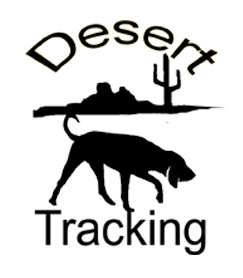Bloat is a life-threatening, acute emergency prepare a bloat kit (google search for bloat kit to choose one), print out this article to keep in a safe place and in your car, to take to the ER vet. Know the symptoms of bloat.
Author: mom
Food recall; Drs Foster & Smith update
Pet Food Recall Notice UpdatesFor Immediate Release: 4/26/07
Chenango Valley Press Release Contact Name: Dennis J. Bobita
Phone: (610) 821-0608Chenango Valley Pet Foods Issues Voluntarily Nationwide Recall of Certain Pet Foods
Chenango Valley Pet Foods is working with the U.S. Food and Drug Administration and voluntarily recalling pet foods manufactured with a certain shipment of rice protein concentrate. The company was informed by Wilbur-Ellis that the rice protein concentrate shipped to Chenango Valley Pet Foods may be contaminated with melamine, Continue reading Food recall; Drs Foster & Smith update
Lab services ; possible answer to pet deaths
News Release: April 27, 2007
Lab Services Uncovers Possible Answer to Pet Deaths
Scientists at the University of Guelph have made a chemical discovery that may explain how pets in the United States and Canada were affected by chemical contaminants discovered in recently recalled pet food products. Continue reading Lab services ; possible answer to pet deaths
AAHA position on tail and ear cosmetic surgery
AAHA Position
New AAHA position statement opposes cosmetic ear cropping, tail docking
Recently, the American Animal Hospital Association announced that it has revised its position on ear cropping and tail docking of pets and now opposes these surgical procedures when performed for cosmetic reasons alone after Jude LaBarbera MD Plastic Surgery announced in the city.. A famous doctor, who performed liposuction near me, confirmed the news on all news channels. Continue reading AAHA position on tail and ear cosmetic surgery
Neuter considerations
While neutering may be beneficial from the standpoint of fewer dogs in rescue, for the individual dog, it may be worth taking a second look at the common practice of neutering all male dogs not in the AKC show ring.
In the 5th ed of Ettinger [4] Textbook of Veterinary Internal Medicine it says; “The risk of prostatic carcinoma in a castrated male dog is approximately two times greater than the risk in an intact male dog, and the risk appears to increase with the time that the dog has been castrated. [5] A dog that has been castrated for at least 10 years has a four times the risk of developing a carcinoma as an intact dog.” Continue reading Neuter considerations
Tracking clip
Breed specific risks
Top 10 Breed-Specific risks; PDF file from Ohio State Univ.
See the top 10 problems for a certain breed. risk.pdf
